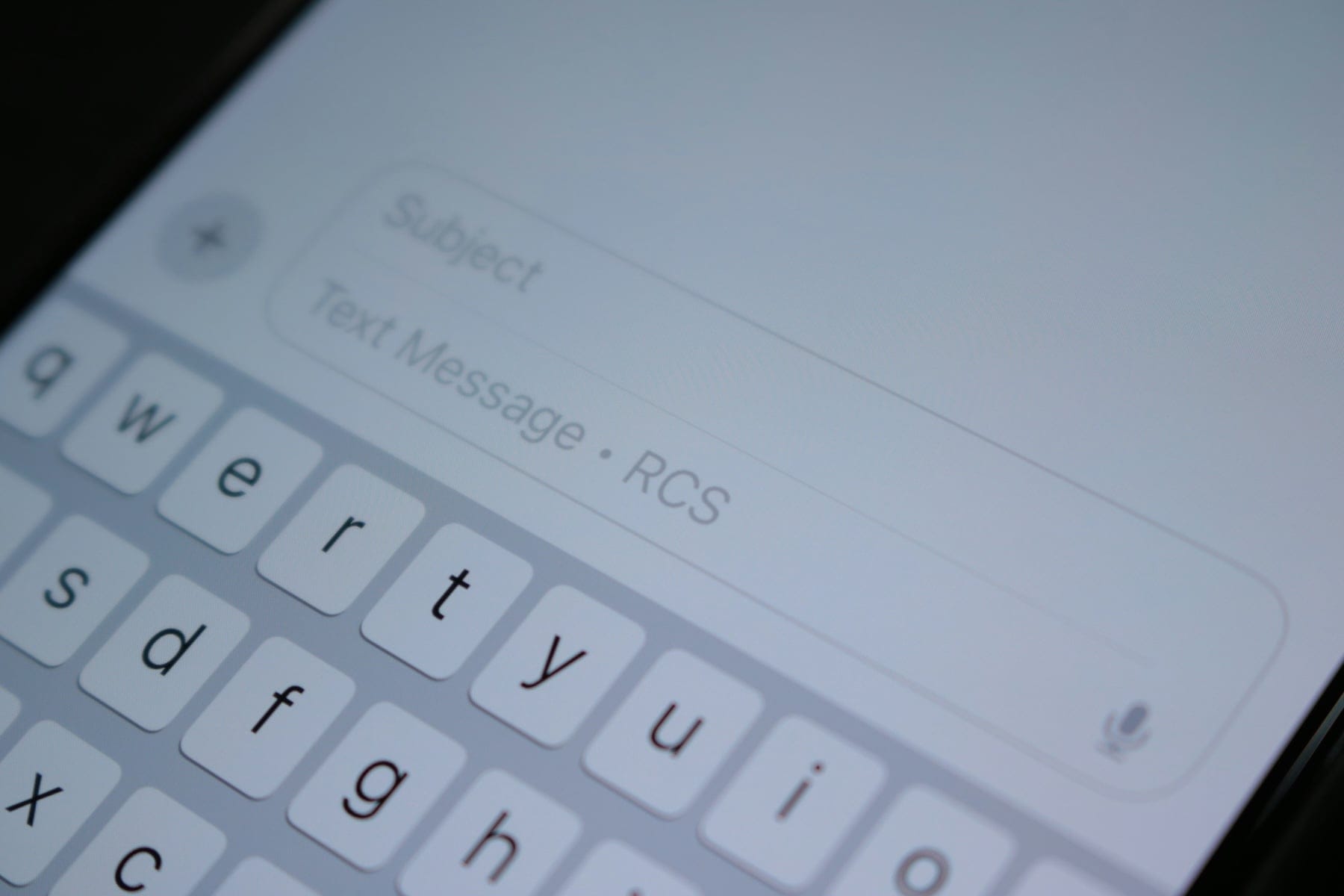For three decades, SMS has been the standard in mobile communication, a basic and reliable channel for businesses and users. With over 5.32 billion mobile devices in the world, it is natural that companies have adopted this mass medium to interact with their customers. However, the landscape has begun to change with the arrival of RCS Business Messaging (Rich Communication Services), an enriched channel that aims to revolutionize the way businesses communicate with their customers.
RCS: The Evolution of SMS with Enriched Advantages
RCS is presented as an enhanced version of SMS, allowing not only to send text but also images, videos, files, and response buttons. This technology enables more visual and brand interactions, creating an interactive environment in which companies can showcase their identity attractively. Unlike SMS, RCS allows the sending of cards and image carousels, quick response buttons, and delivery and read confirmations. Additionally, messages can contain branding elements such as logos, corporate colors, and brand names, without the user needing to download additional applications.
One notable aspect is that RCS can leverage existing customer information, such as their phone number, and its delivery is immediate on compatible devices regardless of the platform. Messages sent through this channel are encrypted in transit, with security comparable to SMS.
Comparison of RCS and SMS
SMS is characterized by its simplicity and universal reach; it does not require internet connection, is available on all phones, and is ideal for notifications and one-time passwords. However, RCS adds an additional layer of interactivity and sophistication that makes communications more attractive and effective.
Success Cases in Using RCS
Numerous companies worldwide have implemented RCS with outstanding results. Club Comex in Mexico, for example, saw a tenfold increase in click-through rate when using RCS instead of SMS, thanks to its enriched content. Another remarkable case is Digitaleo in France, which during a Black Friday campaign achieved 17 times greater engagement with RCS than with SMS. Telecom Deutschland, on the other hand, experienced a doubling in conversion by using RCS to promote a Spotify subscription offer.
These examples show how RCS can generate greater engagement and conversion, providing companies with the opportunity to connect with customers in a more personal and effective way.
What Does the Future of RCS Hold?
The future of RCS looks promising. It is expected that by 2028, over 2.2 billion users will be active on this platform, especially with its recent compatibility on Apple devices, projected for the end of 2024. According to Juniper Research estimates, the RCS market could reach $11.7 billion by 2025, driven by its ability to enrich business communication.
While RCS will not completely replace SMS, both can coexist and be leveraged complementarily according to the objectives of each campaign. For companies looking to improve their interactions and increase conversion rates, RCS is an ideal option that marks a before and after in the world of business messaging.
via: Teléfonos.es and Infobip

